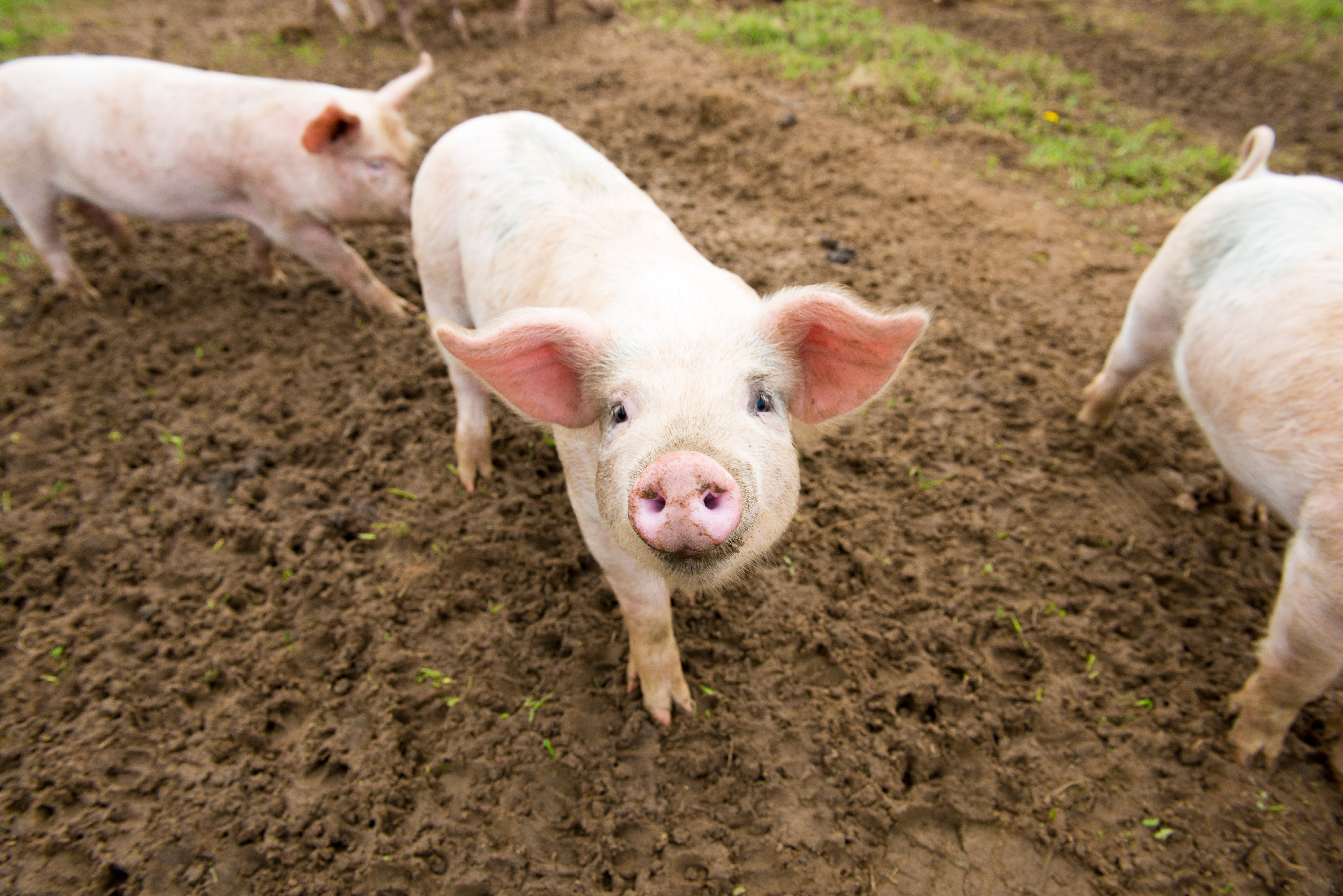
A group of pork producers who want to block new livestock regulations in Massachusetts will get a chance to go before a judge, but not until after many of the new policies that were already targeted in a prior lawsuit take effect.
U.S. District Court Judge William Young scheduled an in-person hearing Sept. 6 on a motion for a preliminary injunction filed by Triumph Foods, a major pork processor, and several farmers seeking to bar Bay State regulators from enforcing new limits on pork sales.
That hearing will come nearly two weeks after the Aug. 24 launch of a prohibition on selling pork derived from pigs held in space deemed too small by a voter-approved law, even if the animals were raised and slaughtered in other states.
There are two different lawsuits at play, which contributes to the gap between the enforcement date and the injunction hearing.
Get New England news, weather forecasts and entertainment stories to your inbox. Sign up for NECN newsletters.
Attorney General Andrea Campbell, the state Department of Agricultural Resources and a different group of plaintiffs, including the National Pork Producers Council, reached an agreement earlier this month in a previous case challenging the law.
Their deal allows enforcement to begin Aug. 24, at which point most pork products sold in Massachusetts will need to come from pigs housed in conditions defined by the regulations. The agreement also pauses for at least six months restrictions on pork shipped through Massachusetts to endpoints in other states, which regulators could fine-tune to address any potential legal issues.
The newer lawsuit filed by Triumph Foods argues that the Massachusetts regulations would impose undue burden on producers and consumers in other states, who were not given a chance to weigh in on the 2016 ballot question.
Plaintiffs wrote in an Aug. 8 memorandum that their claims "do not overlap" with arguments made in a U.S. Supreme Court case upholding a similar law in California.



